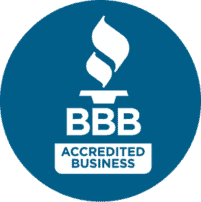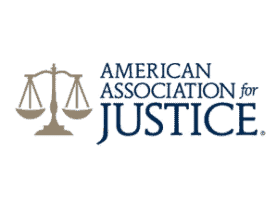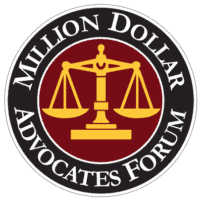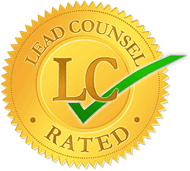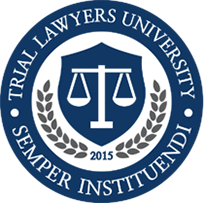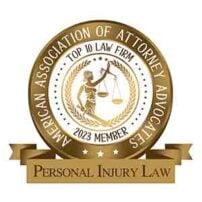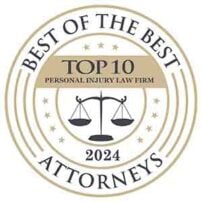Amid the COVID-19 pandemic, we are seeing more and more scams affiliated with the virus. These scams make matters even more confusing, and can ultimately land you in serious financial trouble. Some of the most common COVID-19-related scams we have seen in recent months are as follows:
- Financial relief phishing: Do not believe any email you may receive claiming to provide you with financial relief, stimulus checks, or otherwise. The U.S. government will not contact you via email for this matter. These emails are made for unsuspecting individuals to click them, enabling the scammer to steal your information. Do not let this happen. Ignore and delete all such emails.
- Fraudulent donation requests: If you are someone who has recently received a phone call or email requesting a donation for COVID-19 research, vaccinations, or otherwise, ignore it. Instead, if you wish to donate, go on the reputable organization’s website/call them yourself and make the donation there. Many scammers are posing as legitimate organizations looking to benefit at the expense of well-intentioned people.
- Fake emails from the government regarding information about the virus: The CDC or WHO will not email you. If you receive an email from someone claiming to be from one of these agencies with a link to “more information,” do not believe it. These emails typically download malware that can damage your computer and steal your information.
- Price gouging: Unfortunately. in the wake of all emergency events and pandemics, people will try to exploit them. After hurricane Sandy, we witnessed gas stations skyrocketing their prices, as gas was in high demand. This is known as price gouging. Now, many companies are charging ridiculous amounts of money for in-demand products, such as toilet paper, hand sanitizer, and more. This is both illegal and immoral.
- Fake treatments and supplies: Many people are pretending they have the “cure” for the new coronavirus, as well as testing kits and supplies needed to ward off or prevent the virus from infecting. This is simply untrue, as there is no true cure or vaccine for the virus as of yet. Do not believe any of these claims.
What you should do if you believe you were scammed:
If you believe you were scammed, change all your passwords and call your credit card companies, banks, and any other financial institution that has your information. They should take it from there. Do not reach out to the scammer. Report the incident to a major credit reporting agency, as well as the FTC or Census Bureau.
CONTACT OUR EXPERIENCED NEW YORK FIRM
Our entire legal team is dedicated to providing the advice you need and the personalized attention you deserve. If you have been injured due to another party’s negligence, call 212-421-0300 or fill out our contact form to schedule a free consultation with a New York City personal injury lawyer. You may be entitled to financial compensation, which can help you on your road to recovery.



